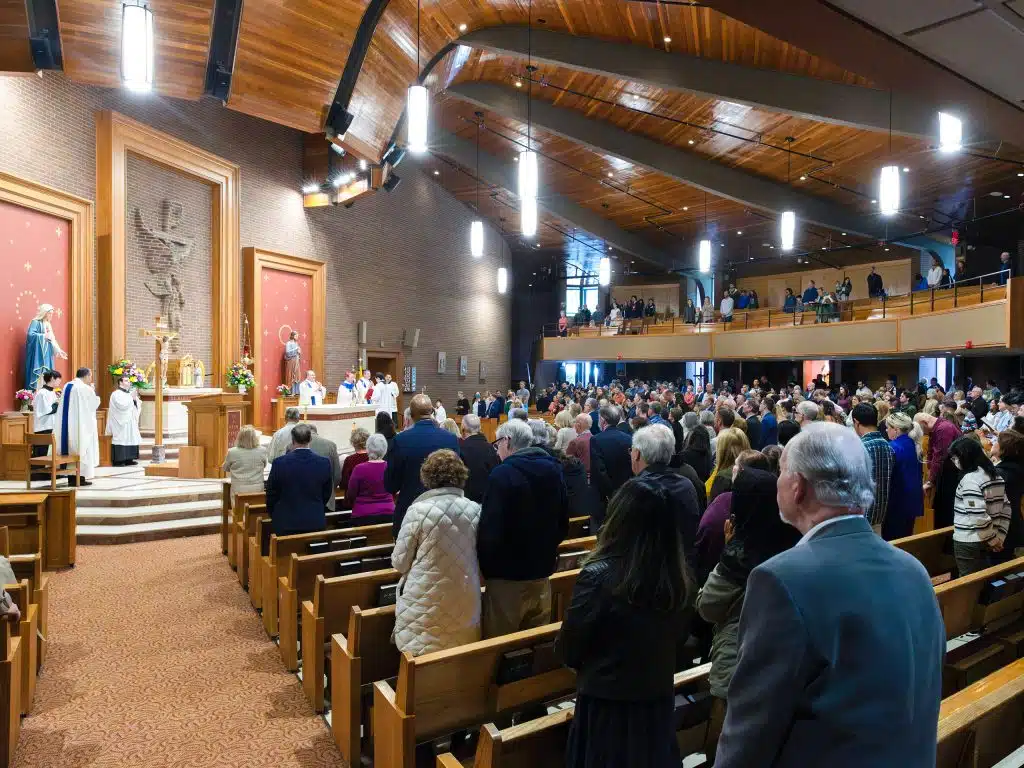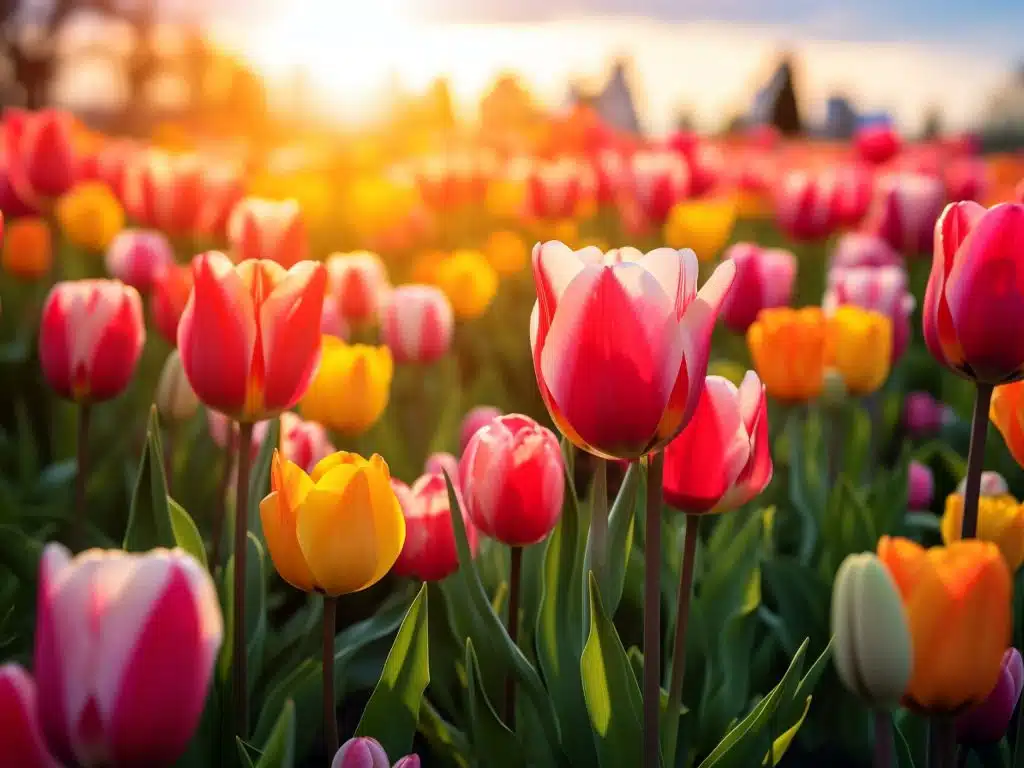It was the Tuesday after Easter, and the priest who was celebrating Mass for our group of volunteers at an inner-city Jesuit middle school was practically bursting with joy.
“Alleluia,” he exclaimed loudly, not just once but many times.
We were, he reminded us, in the octave of Easter, meaning the eight days (octave from the Latin meaning “eight”) between Easter Sunday and the following Sunday. Then, we were also into the 50 days of the Easter season leading to the feast of Pentecost June 9th.
So, Alleluia! Time to celebrate. We should all be rejoicing in the incredible, life-altering fact that Jesus, after a horrific death, rose from the dead on Easter morning.
So why is it that sometimes the Lenten season of 40 days seems to grab our attention a little more deeply than the 50 days of Easter celebration? Don’t most of us like a good party? Isn’t it more fun to celebrate than to don sackcloth and ashes?
I don’t necessarily have the answer to these questions. Actually, the season of Easter brings with it many questions for us, as it did for the first disciples.
My suspicion is that a lot of people are comfortable in a spirituality that accepts suffering and sorrow. It’s not hard to believe that a good man was persecuted and murdered by religious and civil authorities — we’ve seen it countless times throughout history.
Even in our own society today, we know that many innocent people have been executed by the state. We see injustice worldwide, the innocent dying in Sri Lanka at Easter Sunday Mass, a Saudi Arabian journalist killed and dismembered for searching for the truth, churches in the rural South burned down because of hatred.
We want to feel God’s presence in sorrow and sickness and injustice, and Lent brings us home to that. It invites us to participate in that suffering through almsgiving, prayer, fasting, our personal sacrifice. We get it. We feel at home with the God who suffers with us.
But then the miracle of Easter occurs. The Galilean appears to Mary of Magdala in the garden after his resurrection, overturning the sorrow of the Garden of Eden and the Garden of Gethsemane. Jesus becomes the cosmic Christ, alive in our world today, promising us life beyond the corruption of death.
If this event is true, it is history’s most remarkable occurrence. When we accept the resurrection of Christ, it should change everything. Everything.
If we tried to increase our prayer life during Lent, we should double our efforts now. If we tried to face the world’s injustice during Lent, we should turn there more deeply now.
But in the days between the Resurrection and Pentecost, we see the apostles themselves being both awestruck and confused. It was a time to talk, to walk to Emmaus and share both their puzzlement and their wonder, even opening up to a perceived stranger on the road.
It was a time of questioning, of asking to place our hands in the wound, before the Spirit enlivened everyone’s courage on Pentecost.
So, during these 50 days, perhaps our ambiguity mirrors that of the apostles. Did this really happen? What are we to make of the events we have seen?
We celebrate, we loudly proclaim “Alleluia,” but we also hover in that upper room, wondering what this event means for the rest of our lives. As Christians, it is the question we cannot deny or avoid. It’s the pivotal question of our entire existence.
Who is this man in the garden? And what does he ask of me?
Caldarola writes from Omaha, Neb.


